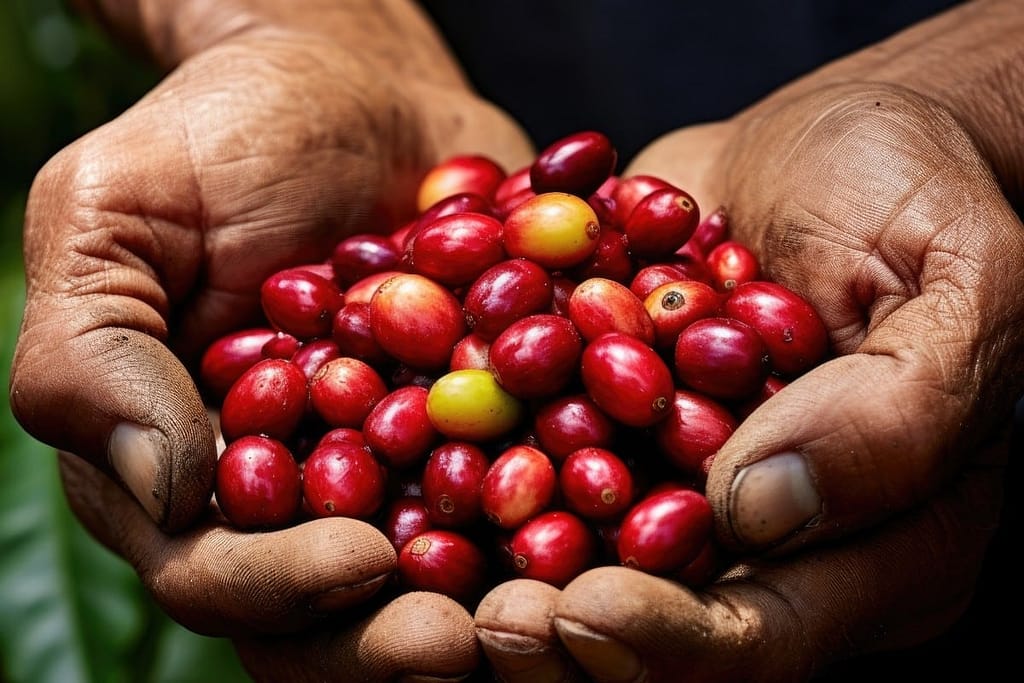[[{“value”:”Nescafe’s report shows increased adoption of regenerative agriculture practices. Image: Ilgun/stock.adobe.com
Nescafé, Nestlé’s largest coffee brand, has reported increased uptake of regenerative agriculture, higher productivity, and reduced greenhouse gas emissions according to the second instalment of its progress report, released on 13 May.
Since the publication of its first progress report in 2023, Nescafé revealed it is now sourcing more than 20 per cent of its coffee from farmers using regenerative agriculture practices according to Rainforest Alliance data.
The results show that farmers in Honduras, India, Philippines, Thailand, and Vietnam achieved a 5 to 25 per cent increase in coffee productivity per hectare compared to 2022. Key practices contributing to this increase include optimised fertilisation and mulching, which led to a reduction in GHG emissions per kilogram of coffee, ranging from 15 to 30 per cent.
“The Nescafé Plan embodies our unwavering commitment to help secure the future of coffee,” says Phillip Navratil, Head of Nestlé’s Coffee Strategic Business Unit.
“This is at the heart of Nescafé. This second progress report is a testimony to the work we do every day on the ground with our partners, suppliers, and farmers, in the regions from where we source our coffee, and it motivates us even more to continue our efforts.”
Nescafé says prioritising knowledge transfer and expertise building is essential to increase the uptake on regenerative agriculture. In 2023, more than 140 000 coffee farmers across 16 coffee origins received comprehensive training in regenerative agriculture practices, as well as technical assistance. In Honduras, for example, 12 000 younger generation coffee farmers received training on entrepreneurship, quality, and regenerative agriculture, supporting the next generation of farmers to manage their farms more productively.
The Nescafé Plan 2030 aims to issue a progress report annually to provide an update of its work in helping coffee farming communities transition to regenerative agriculture practices and improve their livelihoods.
The post Nescafé releases second Nescafé Plan 2030 progress report appeared first on Global Coffee Report.
“}]]


